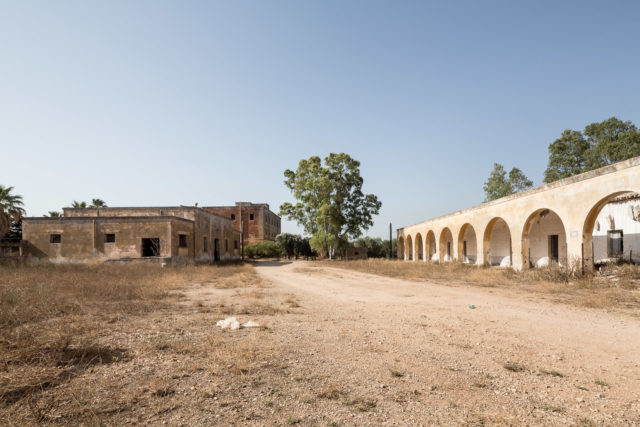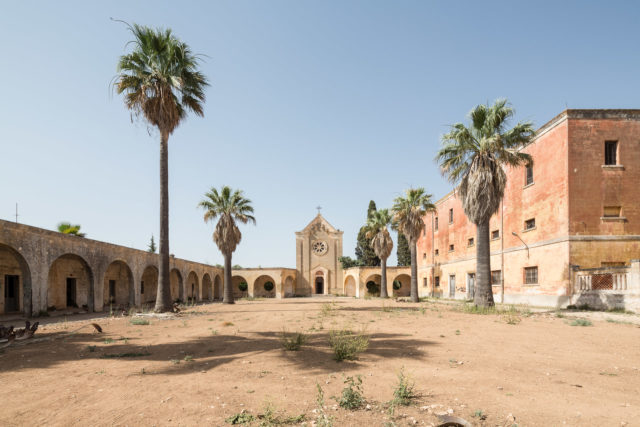The ghost village of Monteruga is located in the Salento Penisula, in the Puglia region of Italy. The history of this small village with residents numbering fewer than 1,000 people began during the fascist era in Italy, and it was only populated for a short time.
Monteruga was founded in 1928, being built up as a farm of the same name began to expand. The architecture and general style of the village is a typical example of a rural village from that period.
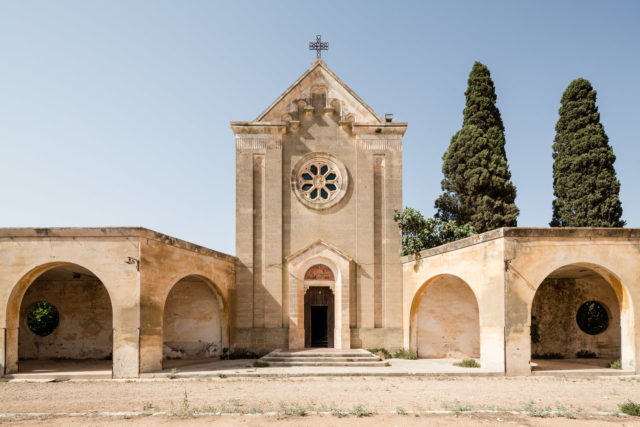
After 1950, when land reform was introduced, the village of Monteruga began to develop rapidly. Many agricultural lands were given over to farmers who wanted to settle in the area and develop the land. People from southern Italy also moved to the village, until eventually there were about 800 residents, all engaged in agriculture.
The village became self-sufficient, as all the various institutions necessary for the locals were constructed. These included a school, church, shops, post office, and even a winery and a tobacco store.
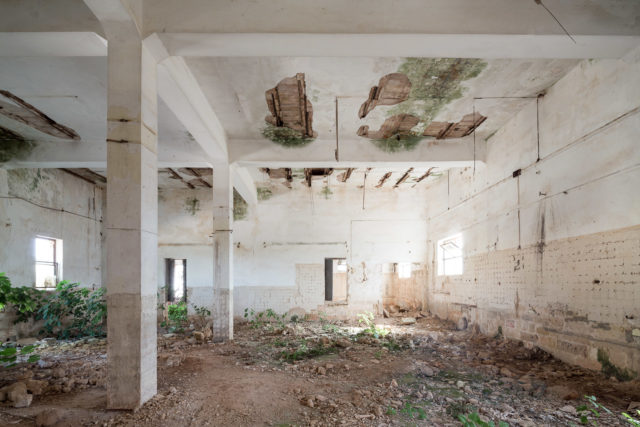
In the early 1980s, the locals began to leave Monteruga. This happened because the agricultural land was privatized, and people chose to move to larger towns that were developing and offered new opportunities. Eventually, the village was completely abandoned.
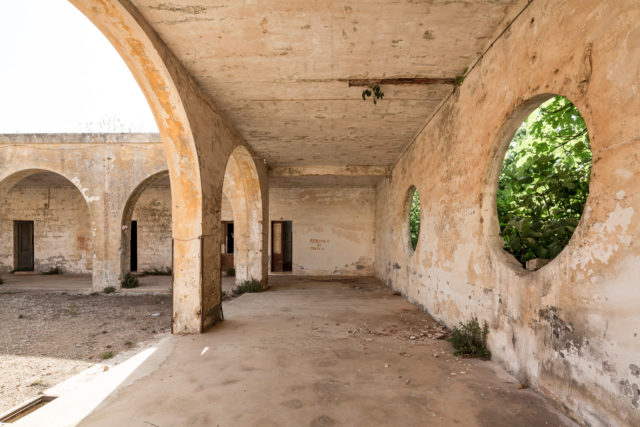
During the years of desolation that followed, nature took over Monteruga. The central square in particular is now covered with grass and is home to many different wild animals, from horse to peacocks and chickens. Bad weather added its own destructive force to assist in the gradual decline in the state of the buildings.
The church was originally dedicated to Sant’Antonio Abate, but after Monteruga was abandoned, it was deconsecrated. Instead, the village became a place where various rites and dark rituals were performed.
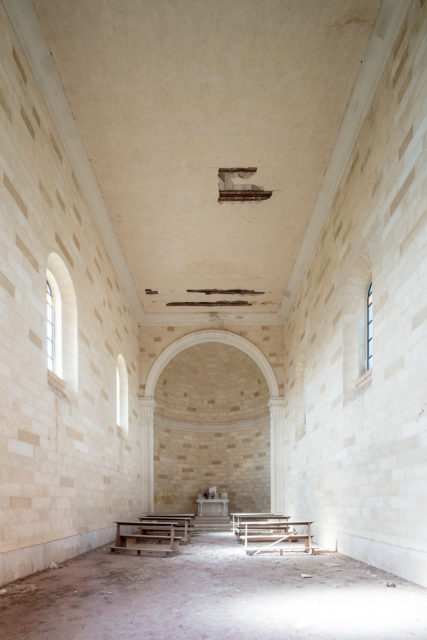
For many years, Monteruga was considered to be a ghost town, and it naturally attracted tourists and locals who liked to explore deserted places. Visitors could stroll through the uninhabited streets and imagine what life used to be like.
It was easy enough to gain access to the interior of most of the buildings since they had fallen so far into ruin. Inside, visitors might find furniture or other abandoned items, and for a while, blackboards in the school showed chalk writing from lessons given in the 1940s.
However, all visitors needed to take extreme care when exploring because the buildings had been denied necessary maintenance for many years and were in a precarious state.
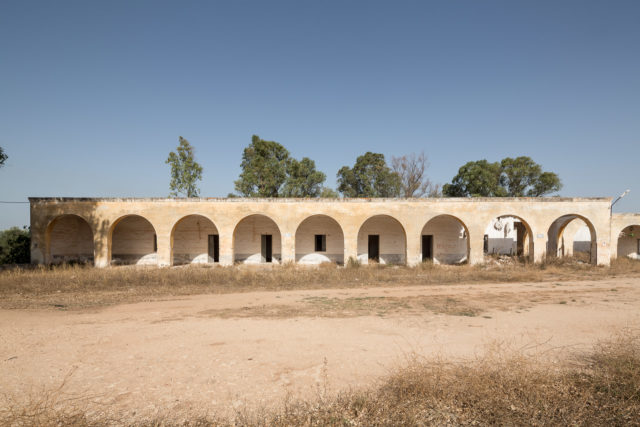
Today, the village of Monteruga is owned by an Italian entrepreneur, making the site private property that can only be accessed with express permission. A 24-hour security guard lives in one of the renovated buildings in the village to deter trespassers.
That doesn’t mean that the site is completely off-limits, however, since some websites state that the guard will give visitors permission to walk around if they approach him, and he may even accompany the visitors to give them a tour of Monteruga.
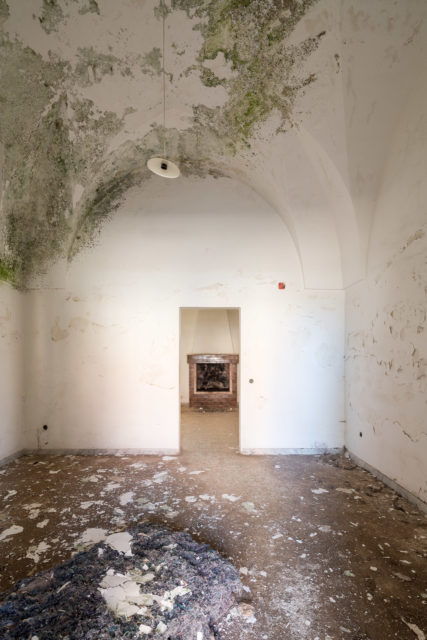
These amazing photographs of the Italian ghost village were provided by the photographer Filippo Poli. He is a professional photographer, who graduated in architecture and went on to specialize in architectural and landscape photography.
A big thank you to him for allowing us to share his photos with our readers. You can see more of his work on his Instagram and Facebook pages.
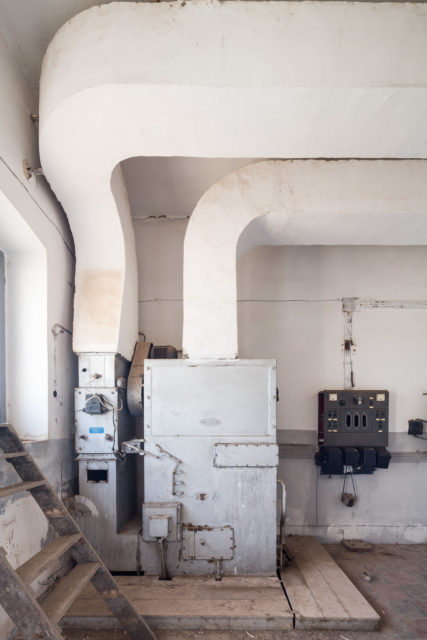
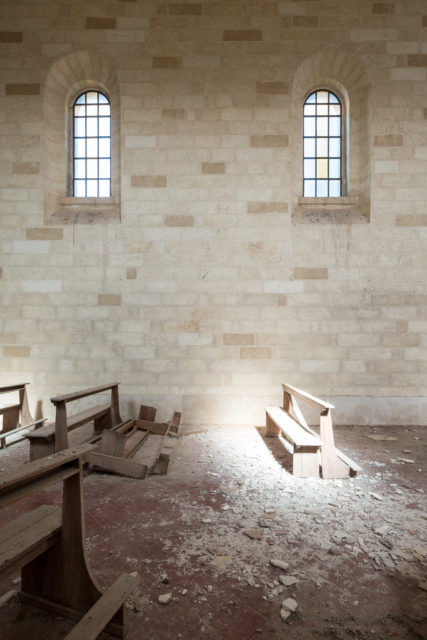
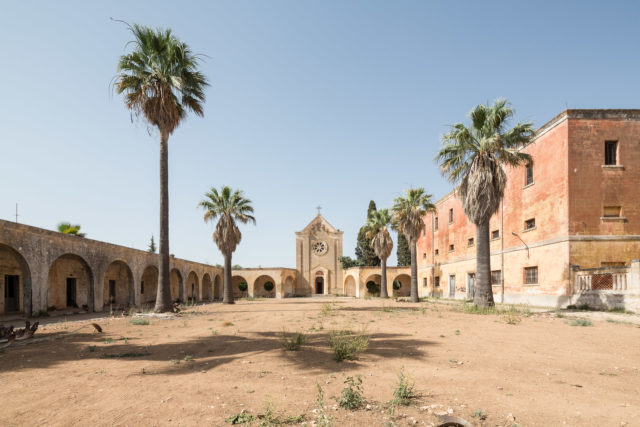
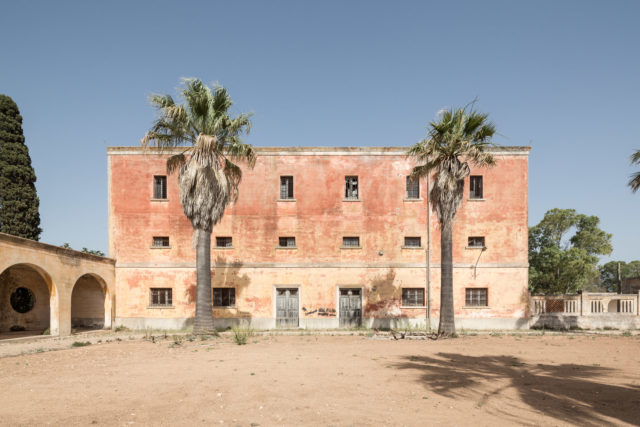
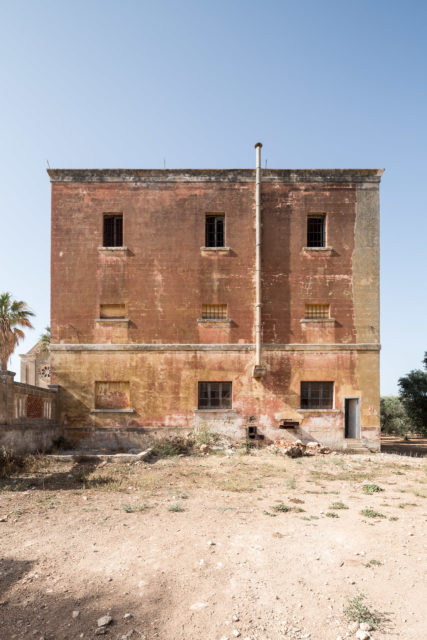
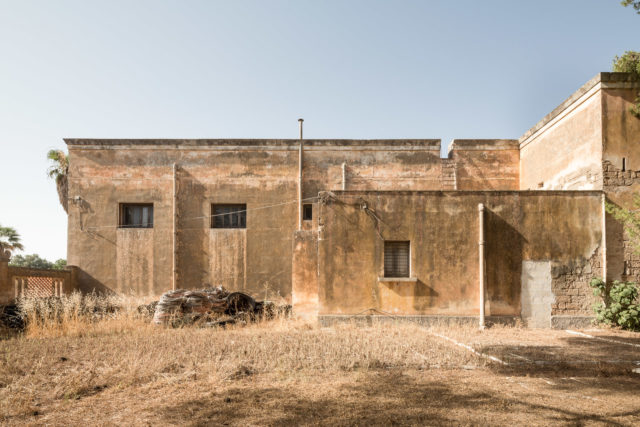
Another Article From Us: Abandoned Californian Lake Dolores Waterpark
